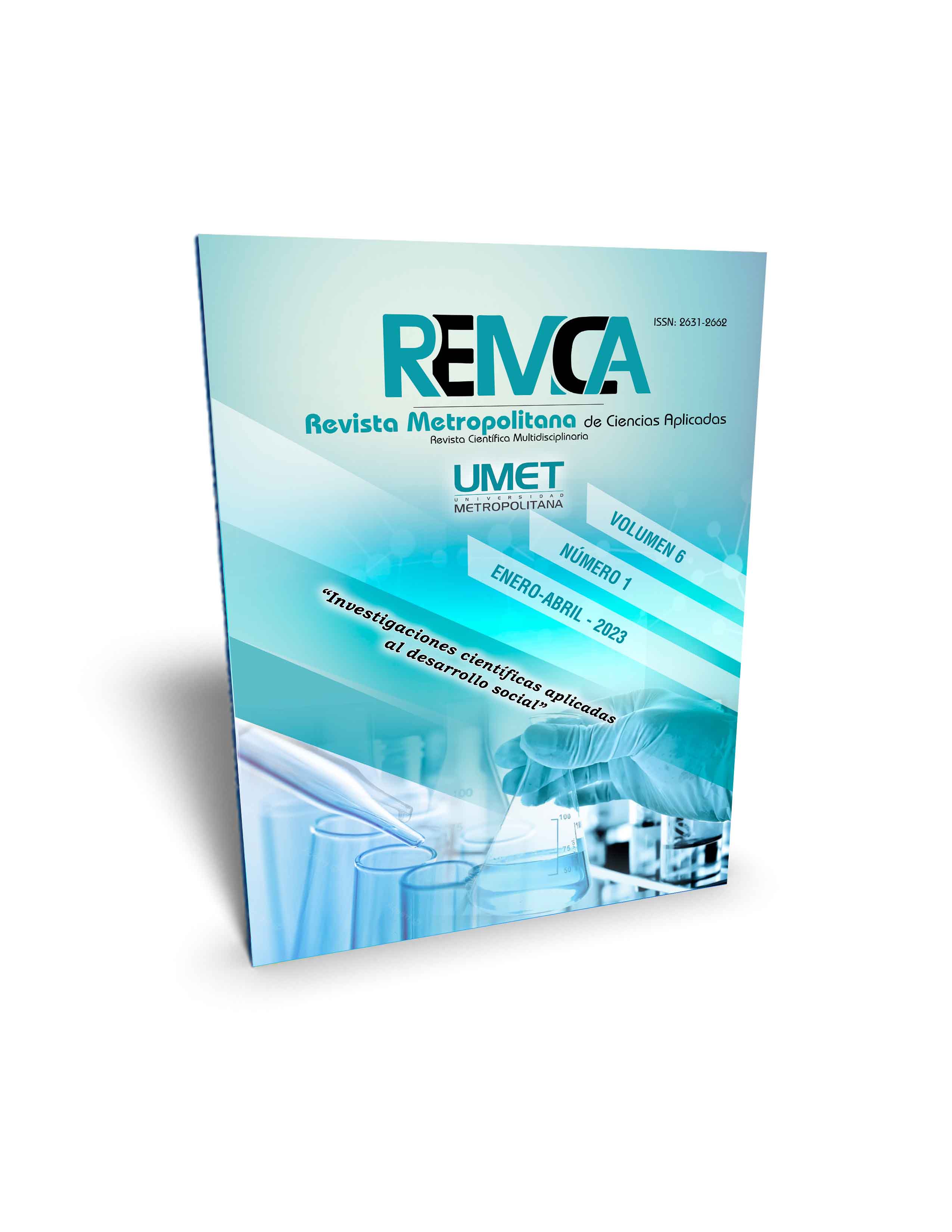Notary as a promoter of non-adversarial solutions in matter of divorce: his role as conciliator in notarial activity
DOI:
https://doi.org/10.62452/953bg980Keywords:
Voluntariness, extrajudiciality, rogation, conciliation, voluntary jurisdiction, dejudicializationAbstract
In this essay, a regulatory reform is proposed to expand the attributions of the notary as a promoter of non-adversarial solutions in matters of divorce, every time there is a specific problem related to the notarial activity, in terms of the limitation of the attributions of the notary to resolve divorces by mutual consent and cases of termination of de facto unions, when there are dependent children. Currently, notaries covered by the voluntary jurisdiction can process the divorce by mutual consent and the termination of the de facto union. However, in the case of dependent children, a mediation act is previously required or, instead, a judicial resolution regarding custody, visits and food that may well be resolved at a notary office if the notaries have the power to reconcile. It is concluded that a regulatory reform is necessary so that the notary has the power to act as conciliator, only in the cases mentioned, in order to provide a global solution to divorce without the need to go to court or to a mediation center.
Downloads
References
Cóndor. A. (2020). Divorcio por mutuo consentimiento: ¿Puede ser la mediación un mecanismo idóneo? Universidad San Francisco. Quito - Ecuador. (Trabajo de fin de grado). Universidad San Francisco de Quito
Ecuador. Asamblea Nacional. (2009). Código Orgánico de la Función Judicial. Registro Oficial Suplemento Nº 544. http://www.oas.org/juridico/PDFs/mesicic4_ecu_funcion.pdf
Ecuador. Asamblea Nacional Constituyente. (2008). Constitución de la República del Ecuador. Registro Oficial 449. https://www.oas.org/juridico/pdfs/mesicic4_ecu_const.pdf
Ecuador. Asamblea Nacional. (2015). Código Orgánico General de Procesos. Registro Oficial Nº 506. https://www.emov.gob.ec/sites/default/files/transparencia_2018/a2.4.pdf
Ecuador. Congreso Nacional. (2006). Ley de Mediación y Arbitraje. Registro Oficial Nº 417. https://www.funcionjudicial.gob.ec/www/pdf/mediacion/Ley%20de%20Arbitraje%20y%20Mediacion.pdf
Ecuador. Consejo de la Judicatura. (2022). Guía de Servicios de la Función Judicial. https://apps.funcionjudicial.gob.ec/siscadep/frmConsultaExterna/frmConsultaExterna.php#
Ecuador. Corte Constitucional. (2021). Sentencia N° 7-16-IN/21. https://www.zonalegal.net/uploads/documento/40014906-0403-4e9d-adfb-0b2e72a53a06.pdf
Ecuador. Presidencia de la República. (1966). Ley Notarial. Decreto Supremo 1404. Registro Oficial 158. https://www.gob.ec/sites/default/files/regulations/2022-10/LEY%20NOTARIAL.pdf
Fernández, M. (2015). La jurisdicción voluntaria notarial. Su especial relevancia en el ámbito sucesorio. Marcial Pons.
Lucas, S., & Albert, J. (2019). Los principios notariales como aporte a la justicia preventiva y a la seguridad jurídica. Pol. Con., 4(11), 41-66.
Martínez, J. (2020). La conciliación notarial una herramienta útil de resolución de conflictos. https://www.lawyerpress.com/2020/05/04/la-conciliacion-notarial-una-herramienta-util-de-resolucion-de-conflictos/
Milán Morales, N., Ordelin Font, J.L., & Vega Cardona, R.J. 2015. La intervención notarial en la mediación. Consideraciones de ‘lege ferenda’ en la prevención/resolución de conflictos en el ordenamiento jurídico cubano. Revista de Derecho Privado, 28, 403–433.
Pasos, E., Arias, F. & Reyes. S. (2021). Conciliación extrajudicial ante las instancias notariales en Cartagena de Indias - Colombia. Revista Saber, Ciencia y Libertad, 16(2), 157 – 172.
Pazos, P. (2015). Solución extrajudicial de conflictos ante notario. https://www.notariosenred.com/2015/09/solucion-extrajudicial-de-conflictos-ante-notario/
Pérez Fuentes, G. M., & Cobas Cobiella, M. E. (2013). Mediación y jurisdicción voluntaria en el marco de la modernización de la justicia: Una aproximación a la legislación española. Boletín Mexicano de Derecho Comparado, 46(137), 647-677.
Sotomayor, C. (2021). Mediación notarial. Puebla-México. https://icaep.com.mx/mediacion-notarial/
Downloads
Published
Issue
Section
License
Copyright (c) 2023 Eugenio Égüez-Valdivieso, Carlos Eduardo Durán-Chávez (Autor/a)

This work is licensed under a Creative Commons Attribution-NonCommercial-ShareAlike 4.0 International License.
Authors who publish in Revista Metropolitana de Ciencias Aplicadas (REMCA), agree to the following terms:
1. Copyright
Authors retain unrestricted copyright to their work. Authors grant the journal the right of first publication. To this end, they assign the journal non-exclusive exploitation rights (reproduction, distribution, public communication, and transformation). Authors may enter into additional agreements for the non-exclusive distribution of the version of the work published in the journal, provided that acknowledgment of its initial publication in this journal is given.
© The authors.
2. License
The articles are published in the journal under the Creative Commons Attribution-NonCommercial-ShareAlike 4.0 International License (CC BY-NC-SA 4.0). The terms can be found at: https://creativecommons.org/licenses/by-nc-sa/4.0/deed.en
This license allows:
- Sharing: Copying and redistributing the material in any medium or format.
- Adapting: Remixing, transforming, and building upon the material.
Under the following terms:
- Attribution: You must give appropriate credit, provide a link to the license, and indicate if any changes were made. You may do this in any reasonable manner, but not in any way that suggests the licensor endorses or sponsors your use.
- NonCommercial: You may not use the material for commercial purposes.
- ShareAlike: If you remix, transform, or build upon the material, you must distribute your creation under the same license as the original work.
There are no additional restrictions. You may not apply legal terms or technological measures that legally restrict others from doing anything the license permits.




